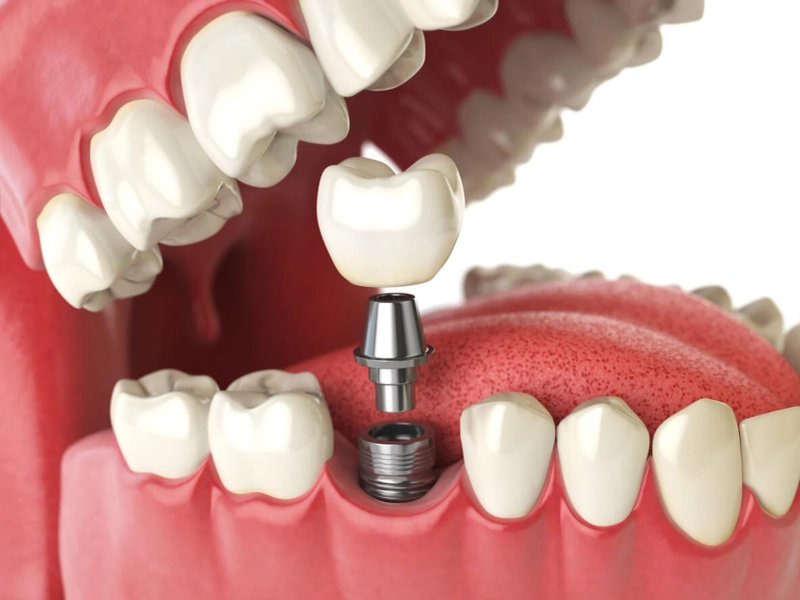A mini dental implant west chester oh is a small dental device that can replace lost teeth. This is a temporary option that you can use while you wait for a full-sized dental implant to be inserted. However, it can be dangerous if you do not properly prepare for the procedure. In this article, we'll go over some of the important steps you should take in preparation for this type of dental treatment.
Preparation for the procedure
Dental implant surgery is a complicated procedure that requires proper preparation. By following the correct procedures, patients can experience a smooth surgery.
The procedure involves making an opening in the underlying bone to accommodate an implant. Anesthesia may be administered during the procedure. Patients may experience some swelling, pain, and minor bruises.
Before the surgery, a dentist will examine the patient's teeth and mouth. This examination will include a visual exam, x-rays, and medical records. It will also help the dentist decide if the patient is a good candidate for cadaver bone for dental implants.
Implants are inserted into the underlying bone with the aid of a handpiece that rotates slowly. A guide pin helps the surgeon align the dental implants. During the osseointegration period, the dental implant and the underlying bone fuse.
After the procedure, the gums are closed over the installation site. A temporary crown is visible. Proper home care is essential to quick recovery. If you have missing teeth, consider replacing them with dental implants.
In some cases, the doctor may recommend a minor bone graft before the implant placement. This can increase the ridge's height and width. However, it will be necessary to wait several months before an implant is placed.
Symptoms of a failed mini-implant placement
Dental implants are an excellent way to replace missing teeth but they also have some risks. There are some common signs that your implant may have failed. It's important to know how to recognize them so that you can take action and get the treatment that you need.
The first step is to understand what the symptoms of a failed mini-implant placement are. If you have symptoms of a failed implant, it is important to visit your dentist as soon as possible. Getting the right diagnosis and treatment can save you from future pain and costly procedures.
A good indication that your implant is going to fail is when you notice that it is no longer comfortable. This can happen with loose teeth, but it can also occur with a poorly fitted prosthetic. In addition, you should never ignore the signs of a gum pullback. Even a small movement of the implant can disrupt the healing process.
A failed mini-implant may not only cause you pain, it could also break your other teeth. This is why it is best to choose an experienced and skilled dental surgeon to perform your procedure.
One sign that your implant is failing is when you notice swelling and redness around it. Although it is normal to experience some inflammation after placing a dental implant, it is a good idea to have it checked by a professional.
Longevity of mini-implants
Mini-implants may provide an effective alternative to standard implants for glaucoma patients. However, mini-implants have not yet been evaluated in a large multi-centre trial. This study investigates the longevity of these devices.
The longevity of mini dental implant west chester oh is determined by a number of factors. A patient's lifestyle, functional load, and bone response are among the variables that can influence the longevity of these devices.
For a trial to be considered effective, it must include a sufficient number of participants to produce sufficient power to detect differences between treatment groups. For this reason, a high quality large multi-centre trial is necessary to evaluate the longevity of mini-implants.
During the study, the Clinical Trials Unit randomly allocated 46 patients to one of two treatment groups. One group received conventional dental implants, while the other received mini-implants. These were placed transmucosally.
0


